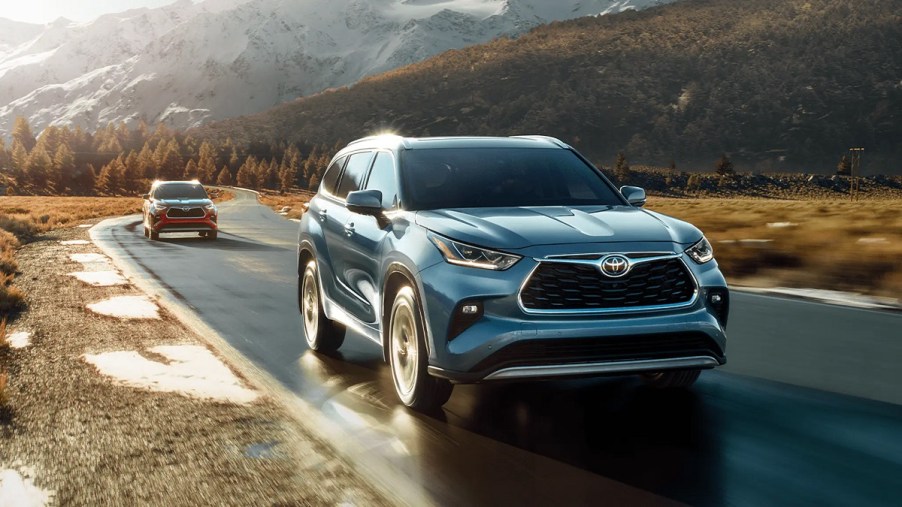
Toyota’s Chip Crisis Just Got Worse
Toyota’s chip crisis just got worse. While all car manufacturers have been dealing with a combination of problems that have left car manufacturers scrambling to problem-solve and get cars into the hands of consumers, Toyota’s difficulties have just increased.

What is Toyota’s chip crisis?
Microchips are often in new car – and they typically have up to 1,400 chips each. With the current shortage of microchips (also known as semiconductors), this is obviously a large-scale problem. Toyota had been doing a good job of staving off the chip shortage, but even now they’ve been impacted.
It isn’t just Toyota that’s dealing with the chip crisis. All car manufacturers are dealing with the chip shortage, and it’s impacting everyone. In fact, up until now Toyota has dealt with the global chip shortage better than most other car manufacturers. According to Reuters, this is because after the 2011 earthquake and Fukushima nuclear disaster, Toyota came up with a plan that involved stockpiling chips. That foresight led Toyota to be in an advantageous position compared to other car manufacturers. Yet the shortage has caught up even to Toyota, thanks to a surge in Covid cases.
The chip crisis – a shortage of chips worldwide – has been made worse by a resurgence of Covid cases. This means that factories have had to curb production, leading to even less availability of chips.
What does Toyota’s chip crisis mean for car production?
Due to Toyota’s chip crisis, Toyota won’t be able to produce the amount of cars that they’d previously planned. Toyota has just cut its September production numbers by 40% of what it had predicted.
Still, Toyota maintains that it will be able to meet its annual sales target and production goal of 9.3 million vehicles, though whether that’s true remains to be seen. It might be difficult, considering Toyota has already had to make some adjustments due to Covid – it’s stopped production at plants in Japan and Thailand due to Covid-related parts shortages.
The chip shortage isn’t likely to end anytime soon
With the global chip shortage being continuously hampered and Covid cases on the rise – and no relief in sight, things aren’t going to get better soon. It’s not a surprise that car manufacturers are doing whatever they can to minimize the downsides of a lack of chips. Ford was considering shipping cars without chips and asking dealers to put them in when they could. Now they’ve shut down their Kansas City plant, due to a parts shortage related to the spike in Covid cases in Malaysia. GM, BMW and Nissan are also altering their production plans. Volkswagen predicts that things are going to be tough in the third quarter.
It’s likely that things will be unpredictable for some time. Without knowing what will happen with Covid, it’s very difficult to determine how much longer this chip shortage will last. And with even Toyota, who was one of the better prepared car companies, now being impacted by the chip shortage, it’s likely that things won’t improve for the foreseeable future.


